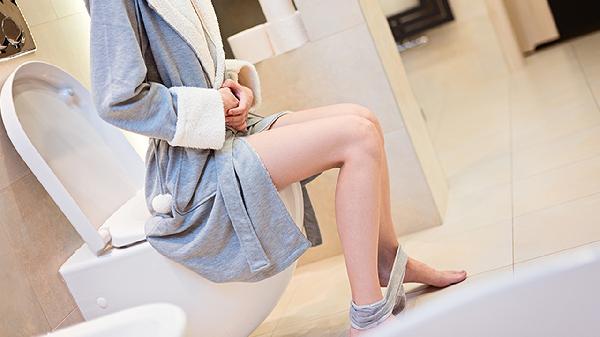Patients with bile reflux gastritis need to strictly avoid food intake to avoid aggravating gastrointestinal irritation. Dietary adjustments mainly include avoiding high-fat foods, limiting spicy and stimulating foods, reducing acidic foods, banning smoking and alcohol, and controlling the intake of sweet foods.

1. Avoid high-fat foods
Fried foods, fatty meat, and other high-fat foods can delay gastric emptying and increase bile secretion. Continuous stimulation of gastric mucosa by bile may exacerbate inflammatory reactions, leading to symptoms such as upper abdominal pain and burning sensation. It is recommended to choose low-fat cooking methods such as steaming or boiling.
2. Limit spicy stimulation
Spicy seasonings such as chili and Sichuan pepper can directly stimulate damaged gastric mucosa and induce abnormal gastric acid secretion. Some patients may experience discomfort such as acid reflux and nausea after eating. The acute phase of symptoms should be completely avoided, and during the remission phase, a small amount of slightly spicy food can be tried. 3. Reduce acidic foods. Citrus fruits, carbonated drinks, and other acidic foods can lower the pH value in the stomach and work together with bile to damage the gastric mucosal barrier. It is especially important to avoid consumption on an empty stomach, and low acidity fruits such as apples and bananas can be chosen as alternatives.
4. Prohibition of smoking and alcohol
Harmful substances in alcohol and tobacco can weaken the function of the esophageal sphincter and exacerbate the frequency of bile reflux. Long term alcohol consumption may also induce gastric mucosal erosion, and it is recommended to completely quit. Sugar free tea drinks can be used as a substitute for alcoholic beverages at gatherings.

5. Control the intake of sweets
High sugar foods such as cakes and chocolates can promote gastric acid secretion and may also cause gastrointestinal bloating. Excessive intake may exacerbate postprandial bloating, and it is recommended to control the daily intake of added sugar below 25 grams.
In addition to dietary control, patients should maintain a regular daily routine and avoid lying flat within 2 hours after meals. Wear loose clothing to reduce abdominal pressure, and raise the head of the bed 15-20 centimeters while sleeping. When symptoms persist or worsen, seek medical attention promptly and use gastric mucosal protectants, gastrointestinal motility promoting drugs, and other medications under the guidance of a doctor. Daily diet logs can be recorded to accurately identify personal sensitive foods.









Comments (0)
Leave a Comment
No comments yet
Be the first to share your thoughts!